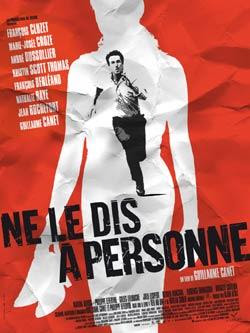
In darkness it is the flare of the drum
which pulses life, brighter than the flames
of fire ringed about: it is the seminal voice;
as the beating of wings it blazes outward,
inaugurating the call to unsteady limbs,
come one, come all – let joy commence
Brother leg speaks to Sister foot, rousing
and conjoining, bestirring to the beckoning,
never you mind the weariness of day
Cousin toe tells Uncle heel, throw off cares,
well worn worry has no claim when
Mother rhythm sounds her summons, breaks
the stillness into which we settle, to hibernate away
step lively now and mind that you attend
Father Vigor's invitation to the banquet,
hear the bustling reeds, the flourishing branches,
the kingly courting of the lion, the majestic rush
of wind born on the tongue of the parrot,
see the owl swoop, utter its aria as the prey
rings out a threnody, brief ecstasy of ending
a splash of sound declaring the opening
here we go, whispers Aunt thigh to Baby joint,
into the assemblage, gathering momentum
first the clapping of hands, followed closely
by the thumping of feet, enlivened heartbeat
chased at a rush by quickened blood, throbbing
animal cries mingled with human yearning
the frenzied abandon of Dance materializes
all succumb to the sensual appeal, love unfurls
lovers intertwine, mothers sway and fathers swagger
the village of the world worships as one, receiving
the blessing of vivacity, free of burden, remembering
that all is briskness and movement -
con brio, amore; con brio, il mio cuore



































